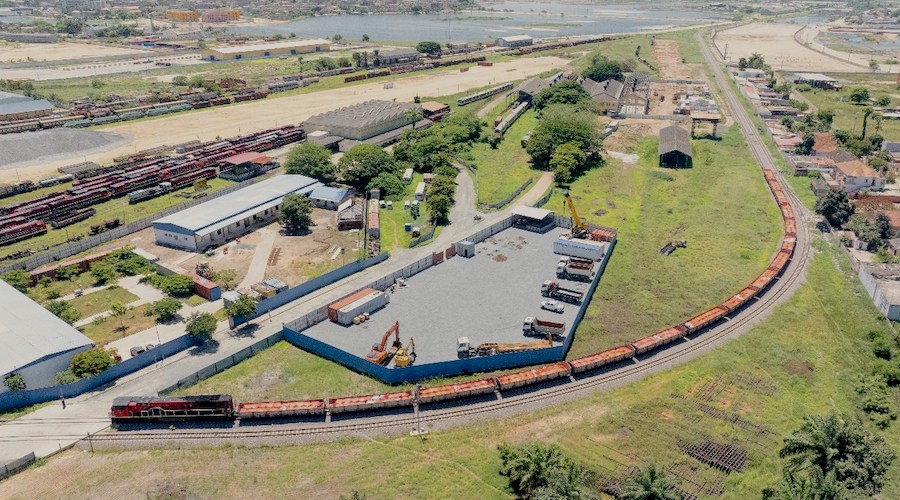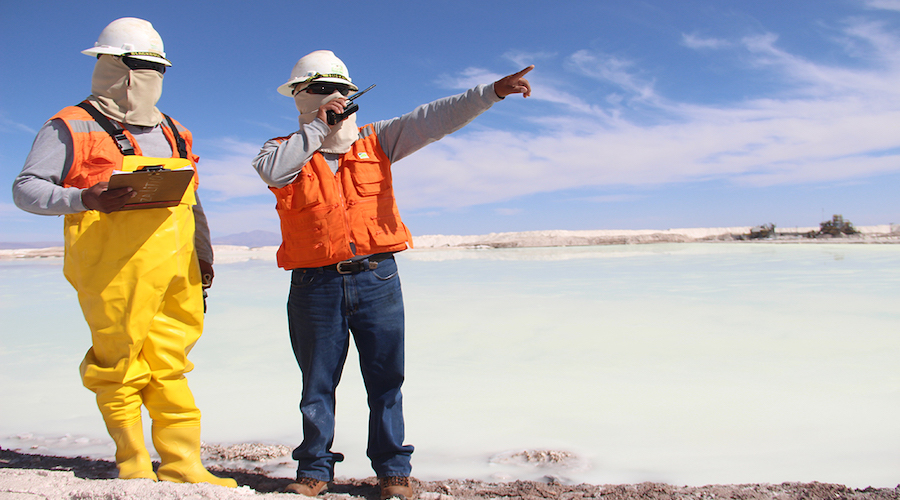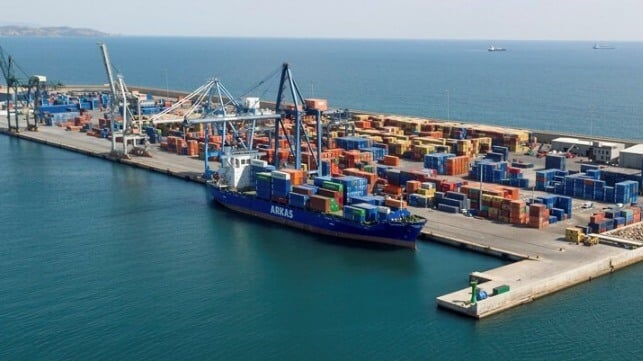Infighting has erupted among Manitoba Progressive Conservatives with two former Tory cabinet ministers accusing a third of trying to push through approval of a large mining project after the party lost the Oct. 3 election.
Kevin Klein, who was environment minister, and Rochelle Squires, who was families minister as well as acting environment minister, say they were called by Jeff Wharton, who was economic development minister, with an unusual request.
The date was Oct. 12 — nine days after the Tories lost the election but six days before the new NDP government was to be sworn in. Klein and Squires say Wharton, in separate phone calls, asked them to rush approval of the proposed Sio Silica mine project, which would create thousands of wells over 24 years across a large swath of southeastern Manitoba.
Wharton denies the accusation, and says he was simply calling to help collect information across various departments to pass on to the incoming government.
"That's what good governments do. They share information to ensure that we're making informed decisions," Wharton said in an interview this week.
"And in this case, going forward, we're ensuring this particular project was in a position for the new government to make an informed decision."
Klein and Squires say that's not true. They say Wharton asked them specifically to issue a ministerial order to a director in the bureaucracy to issue a licence for the project. Such a move would bypass cabinet.
Squires and Klein say they refused. In separate interviews, they said one reason was the fact the Tories had lost the election and approving a major project would violate a long-standing constitutional practice called the caretaker convention, which forbids outgoing governments from making big decisions except in cases of emergency.
"We lost the election, and it was the decision of the next government, and that's who it should have been the decision of," Klein said Wednesday.
Klein also cited the fact the project is still undergoing a review.
Squires, who served in cabinet for seven years, said such decisions are normally based on information from bureaucrats, and then taken to cabinet for a full discussion.
"I've never in my capacity as minister … approved something without having a full briefing from the respective department and its deputy (minister)," she said.
Klein and Squires had lost their seats in suburban Winnipeg. Wharton was re-elected in his rural seat northeast of the city.
A political analyst said an approval of such a major project by a defeated government would be unusual.
"The case of the silica sand project approval is precisely the type of major, consequential, highly contentious, longer-term decision which should not (be) considered to be made during the transition period," said Paul Thomas, professor emeritus of political studies at the University of Manitoba.
"Such an action would represent the far end of a continuum of inappropriate behaviour."
In the end, no licence was granted by the outgoing Tory government and the project remains a proposal.
Manitoba's environmental regulator, the Clean Environment Commission, recommended against any decision in June, pending further study of the project's impacts.
Wharton said he had no power to try to force anyone's hand on the project.
"There was never any intent, nor did I have the authority, to direct or approve a project. Simple as that," he said.
"Getting all of our departments working through (and) sharing relevant information across all departments for the incoming government during the transition was what we were doing."
This report by The Canadian Press was first published Jan. 3, 2024







